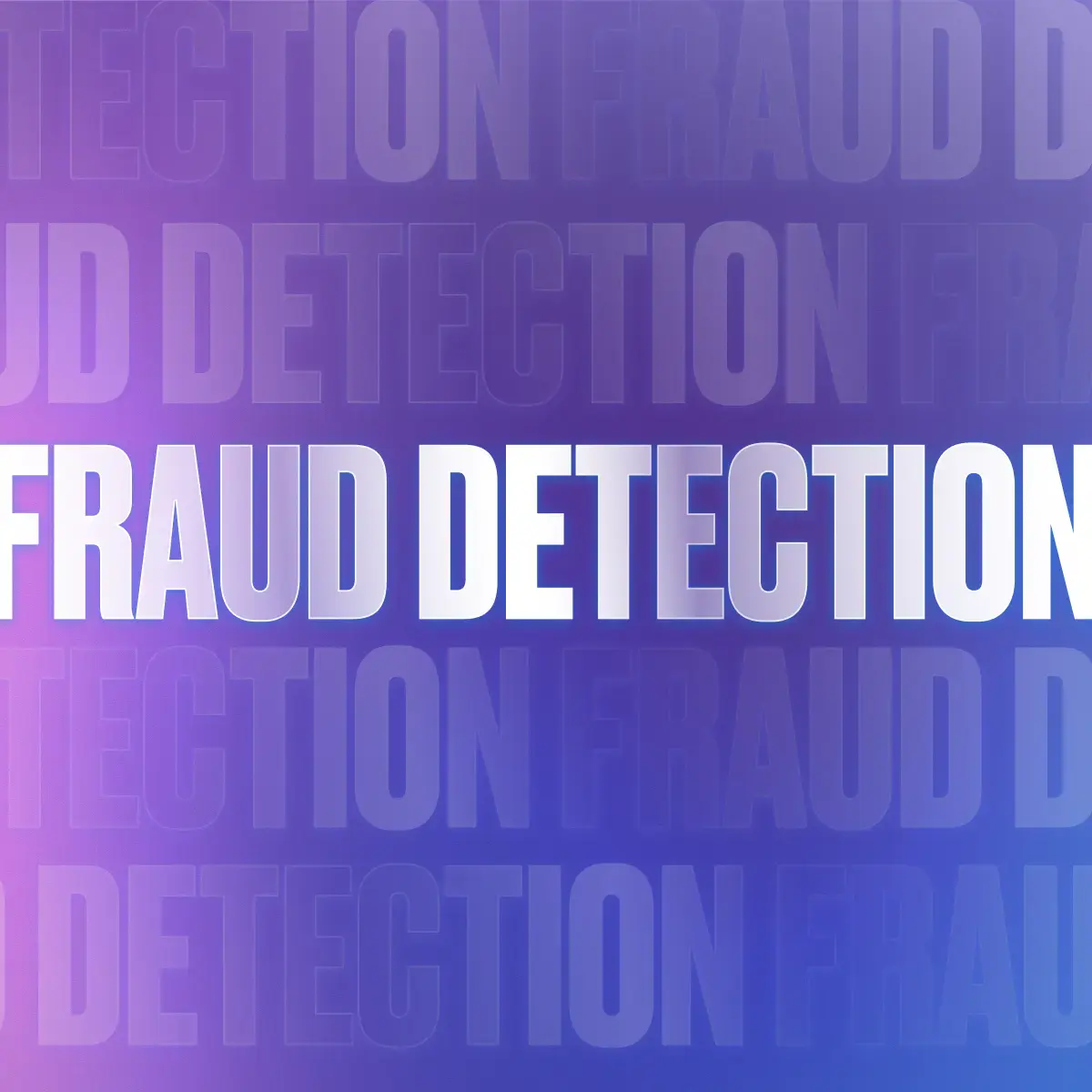The Digital Services Act (DSA) was first presented as a proposal by the European Commission on December 15, 2020, and came into effect on February 17, 2024. It is a comprehensive set of rules and regulations aimed at regulating digital services in the European Union (EU), implemented to address three main issues: illegal content, harmful and counterfeit products, and unfair market practices.
The DSA has been met with both excitement and skepticism from various stakeholders, as it will have far-reaching implications for digital service providers, online platforms, and users alike.
[December 2025 update: This has already proven to be the case, as the EU has just served X with the very first penalty under the DSA. X has been fined €120 million for the “deceptive design” of its blue checkmark, which allows anyone to pay to be “verified” on the platform, following preliminary findings in July 2024 that the platform was failing to comply with other obligations.]
Whether or not you’re excited by the prospect of the DSA, understanding exactly when this new law will come into force is crucial for all parties involved, as it gives them time to prepare and ensure compliance with the new regulations.
In this article, we will provide a timeline of important dates related to the implementation of the DSA, from its presentation to its coming into effect and beyond.
What we cover
What is the DSA? What does it cover?
Before we get into the timeline, let’s briefly recap what the DSA is all about. The main goal of the DSA is to create a safer and more transparent digital environment for users while promoting innovation and fair competition within the market. It applies to all digital services that are offered or provided in the EU, regardless of where the service provider is located.
The DSA imposes new obligations on digital service providers, including online platforms, social media networks, and search engines. It will also introduce a new regulatory framework for the oversight of these services.
The three main issues the DSA seeks to address are:
Illegal content
One of the key provisions of the DSA is the responsibility that digital service providers have in removing illegal content from their platforms within a reasonable time frame. This includes hate speech, terrorist content, child sexual abuse material, and intellectual property infringement.
Harmful and counterfeit products
The DSA also requires online marketplaces to take measures to prevent the sale of harmful and counterfeit products on their platform. These measures include implementing a notice-and-action procedure for users to report such products, as well as ensuring product safety and compliance with EU regulations.
Unfair market practices
The DSA also aims to regulate unfair market practices, such as the use of algorithms that promote illegal or harmful content, bias in ranking and recommender systems, and opaque advertising practices.
What are the Digital Services Act’s important dates?
The DSA came into force on November 16, 2022, but the rollout of the transparency reporting measures is slated to come into full force from February 17, 2024, onwards. This means that digital service providers of all sizes will have to start complying with the DSA from this date onwards.
But first, let’s back up to early 2023 and break down the important dates in the DSA’s implementation.
Transparency obligations: February 17, 2023
As of February 17, 2023, all providers of online platforms and online search engines, regardless of size, were required to fulfill their transparency reporting obligations by reporting the average monthly number of active service recipients in the EU, calculated as an average over the period of the past six months.
Further, they were required to put in place the technical and organizational measures necessary to ensure that any complaint or notice submitted by bodies, organizations, or associations in the name of recipients of intermediary servants is processed and decided upon.
Early compliance for very large companies: Summer 2023
In the summer of 2023, certain provisions of the DSA came into effect for specific parties (VLOPs [very large online platforms] and VLOSEs [very large online search engines]). For these parties, the compliance measures laid out under Art. 11-43 of the DSA were brought into force, including:
- Risk mitigation measures
- Mandatory risk assessment
- Due diligence requirements
These measures were put in place to ensure that VLOPs and VLOSEs comply with the DSA’s provisions, which include transparency obligations, content moderation requirements, and advertising disclosure rules. The DSA is designed to place stricter rules on large service providers with significant societal impact, hence the earlier start date for compliance for very large platforms.
Full implementation: February 17, 2024
This date marks the full implementation deadline for the DSA, with all digital service providers expected to comply with the new regulations by this date.
As the act comes into full effect, digital service providers will have to comply with all aspects of the DSA. This includes providing clear and transparent terms and conditions for users, implementing appropriate content moderation policies, and complying with any additional reporting or compliance requirements laid out in the DSA, including:
- General obligations applicable to all intermediary services (Art. 11-15).
- Additional obligations for hosting services, including platforms (Art. 16-18), including providing notice-and-action mechanisms for illegal content.
- Additional obligations for online platforms (Art. 19-28), including internal complaint systems, measures regarding advertising, and the protection of minors.
- Additional obligations for online platforms, including allowing consumers to conclude distance contracts with traders (Art. 29-32).
- Additional, specific obligations for VLOPs and VLOSEs to manage systemic risks (Art. 33-43).
What about DSA reporting dates?
The Digital Services Act deadlines will require digital service providers to regularly report on their activities and compliance with the regulations. The reporting obligations will vary depending on the size and type of the provider, but here’s the short of it:
- Annual reporting: This will be required for all digital service providers, including VLOPs and VLOSEs. These reports must include information about initiatives taken in moderating content, including information relating to illegal content, use of automated tools, training measures, and complaints received under complaints handling systems.
- Biannual reporting: This is only applicable to VLOPs and VLOSEs. The report must specify the human resources dedicated to content moderation, the qualifications and linguistic experience of such persons, and the indicators of accuracy and related information.
What are the Digital Services Act’s penalties for non-compliance?
The DSA penalties for non-compliance include fines of up to 6% of the global turnover of a service provider. These penalties will be enforced by national authorities in each EU Member State for smaller providers and search engines and by the Commission itself for VLOPs and VLOSEs.
In the event that a service provider or search engine is causing very serious harm, the European Commission reserves the right to require other immediate actions to address the harm, or even order a temporary suspension of service if the platform or search engine refuses to comply.
Choose Trolley for DSA compliance
Trolley is an end-to-end platform built to consolidate your payout-related workflows and manage your risk. We automate DSA seller compliance for growing marketplaces, with built-in KYC & KYB capabilities—so you can operate in Europe with full confidence, regardless of whether or not your business is located in the EU.
With automated seller onboarding and data collection, plus business and ID verification, Trolley’s DSA compliance toolkit allows you to meet the challenges of the EU’s Digital Services Act and reduce your overall risk.
Want to learn more about how Trolley helps you stay DSA compliant? Book a demo or contact us today!







